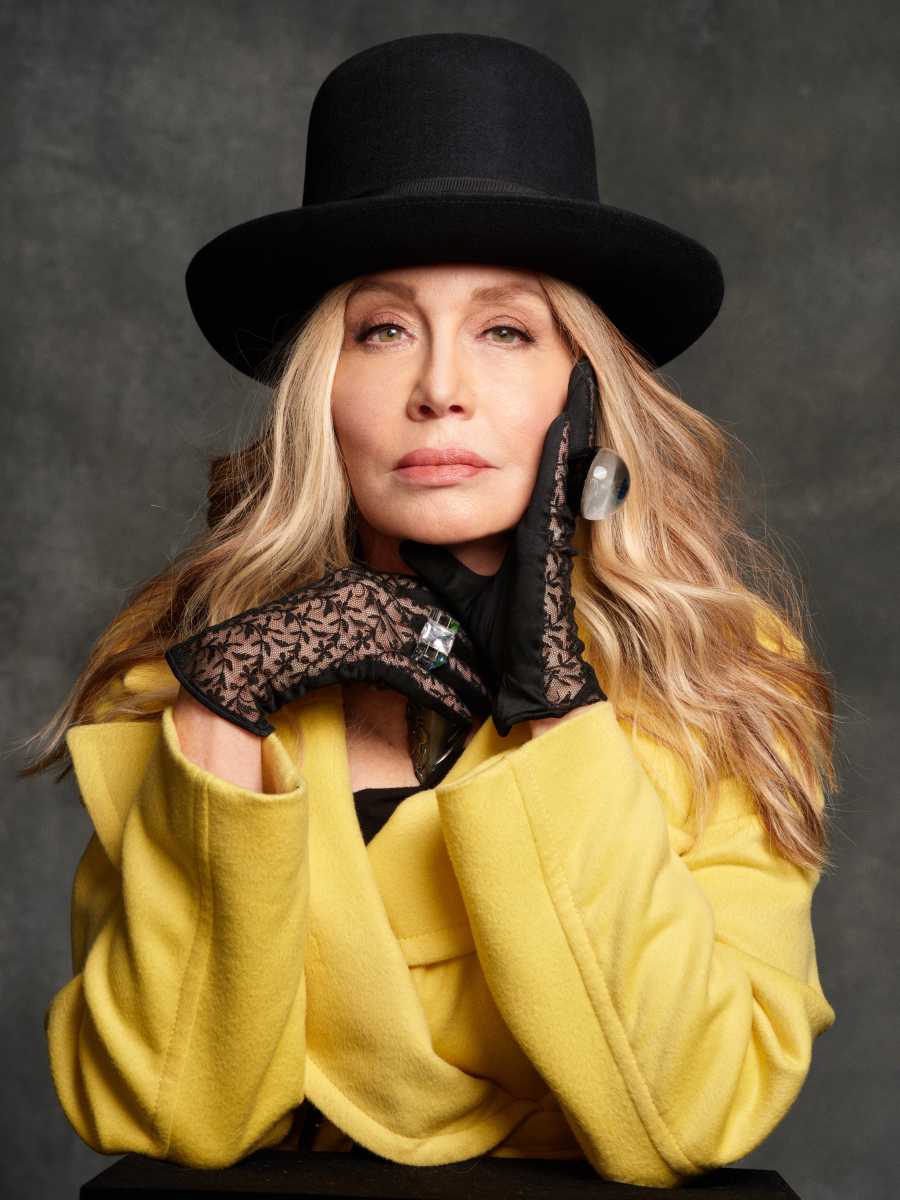The pandemic had already torn through the job market, cratered post-grad aspirations, and washed away the hazy concept of success by the time a thirtysomething Bronx native Nicco Diaz found himself down and out of his dream six-figure job at a non-profit. Instead of making like much of the corporate sector’s dismissed employees and atoning for joblessness with a manic job search, the Cornell English major grad found himself weathering the pandemic with poetry. Diaz may not be the final boss of pandemic era risk-taking, but his artistic impulse still felt radical.
The epigraph of Diaz’s debut poetry book Un Chin Chin independently published—and self-bound in a Taino sun cover—last week lays out the stakes. From Oscar Wilde’s “Icarus,” the stanza reads, “Never regret thy fall, / O Icarus of the fearless flight, / For the greatest tragedy of them all, / Is never to feel the burning light.” The message culled from Oscar Wilde’s poetry? The Puerto Rican poet would rather risk melting his wings – fiscal and emotional rockiness – to approach the warm glow of creative pursuit.
“The phrase I keep churning in my head is leap of faith,” Diaz told The Bronx Times, adding “This book is rooted in that self-discovery, leaping into myself and my art.”
Of the 32 poems, written sporadically in transit to and from Diaz’s performance artist gigs, half are lessons in risk-taking. In prose preface “Write Now,” the poet reckons with losing it all: a job, a friend, a lover, a sense of sense. Still, he pledges to forge ahead: “Thus, with an emotional cocktail of trepidation and conviction, I pluck a single quill from my resplendent plumage, and twirl it in my hand…Then, I fill my lungs, and do the brave thing, do what I am meant to do, and plummet.” “at last” features a solemn Diaz leaving the world—a bustling, corporatized sea—in favor of a solitary art. Diaz ponders, “What will the world have to say / about me now that I have left it?”
The other half of Un Chin Chin broaches big and broad questions about the post-pandemic American Dream – which the book’s ironic tag, a Caribbean colloquialism meaning a little bit, playfully obscures. For Diaz, it isn’t climbing a salary ladder rung by rung, clinging to “reasonable” professions, or title chasing. Instead, poems like “genesis” and “Heaven” find Diaz aching to be mythologized—a consequence of the previous tedium and anonymity of his non-profit job. “genesis” is sharpest in its plea. “I want my life / to be forfeited / to belong / to the world / spread me / like ashes,” Diaz writes.
But Diaz didn’t want to leave his poetic line of inquiry there. The poet alternately chronicles his queer heartbreaks—which Diaz grappled with alone, not yet out pre-pandemic except to a small network of family and friends—and imagines a shameless queer intimacy in a post-pandemic future. In Sad Boy Poems like “75%,” “La Loba,” and “Lymphatic,” Diaz peels back the toxic rituals of his hidden queer relationships. In all, Diaz writes himself taking special pains to keep lovers: incessant calling, dreaming up white-picket fence lies, and most viscerally, in “Lymphatic,” willing a lover to clean up the pieces of his splintered, post-relationship lymphatic system. Later, Diaz drives an exacting shift, he says, toward making public his newfound erotic pleasures in “Uncertain Glory” and “True intimacy.”
“It’s radical for men to admit their vulnerabilities, particularly for a man to admit their ache for other men, a large source of my sadness,” Diaz said, adding, “If you have to choose between being honest and being accepted, it’s better to be honest.”
At the center of Un Chin Chin is a desire to forsake all the institutions—wealth, security, title, private intimacy, and even the publishing industry—that Diaz labored to uphold pre-pandemic. For Diaz, it took surrendering familiarity and reason to jump. “Joy means loving and accepting my crazy dreams, surrendering to them.” Diaz finishes his preface, “Fly, Icarus. Write now.”




















